| Music: Somebody's Darling Whispers - Home Old New Orleans Friday's Journal |
| Photo Credits: Kepguru, Azores.Choice, Visit.Azores, Discover.Portugal, Wikimedia.Commons & the following photographers: Franzfoto#1, Björn.Ehrlich, Feliciano.Guimarães, Claudiari, Franzfoto#2, José.Luís.Ávila.Silveira / Pedro.Noronha.eCosta, Guillaume.Baviere, |
| Please don't use the 'Send page' feature of your computer to send this entire page in an e-mail message or a document format or post portions of the page to social media sites. This separates the page from its source. If you'd like to share it, please just send the link. The link to this page is: http://www.thepastwhispers.com/Extras.html |












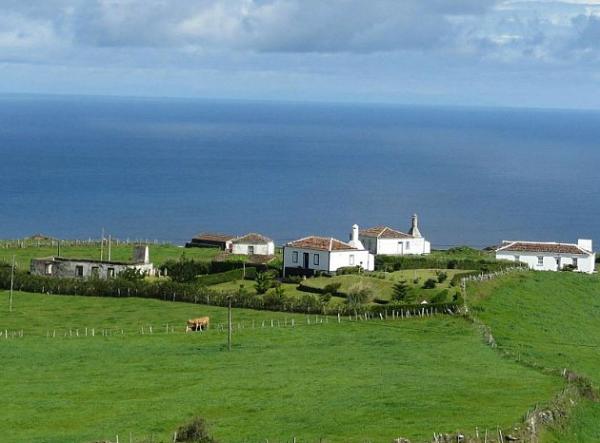



| The Extras |
| Every now and then, I take down my two volumes of "The Complete Sherlock Holmes" and set about re-reading Sir Arthur Conan Doyle's famous mysteries. I wait until sufficient time has passed for me to have forgotten the plots and endings - at least, most of them. I have to say that, at this point, I can almost repeat some of the lines word for word from a few of them. However, like old friends whose stories I may have heard before, I'm content to visit even those again, because I so enjoy Mr. Holmes' company. The title of this page comes from one of these stories. I came across it this week, in the middle of re-reading the books. I found that I'd marked the page on a previous reading and soon realized that it was because of this particular paragraph. I liked it when I last read it and I like it now. Since Mr. Holmes tended to be more pragmatic than romantic, it's one of only a few times I can recall the detective waxing philosophical. From "The Naval Treaty": "Our highest assurance of the goodness of Providence seems to me to rest in the flowers. All other things, our powers, our desires, our food, are all really necessary for our existence in the first instance. But the rose is an extra. Its smell and its colour are an embellishment of life, not a condition of it. It is only goodness which gives extras, and so I say again that we have much to hope from the flowers." -- Nancy |
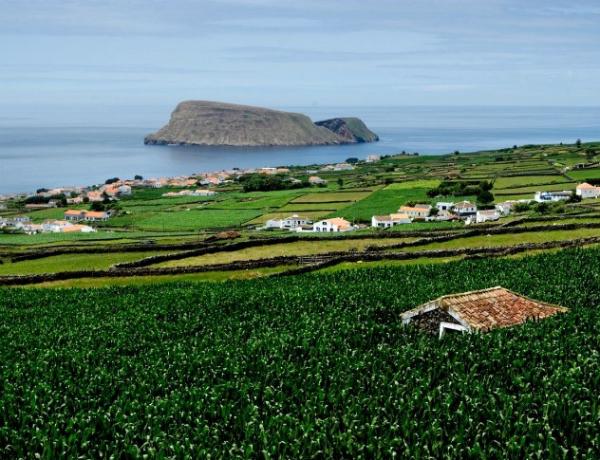




| The photos on this page were taken in the Azores, an autonomous region of Portugal, located about 800 miles off of its coast. The quotes are from the great detective, Sherlock Holmes (I guess we should give Arthur Conan Doyle some credit, too). |
| There is nothing more deceptive than an obvious fact. |






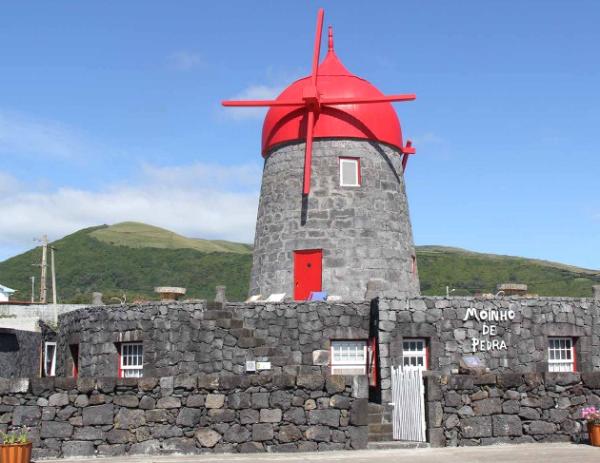
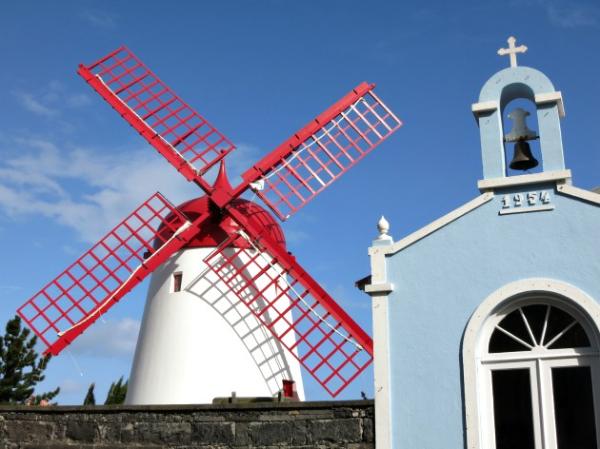

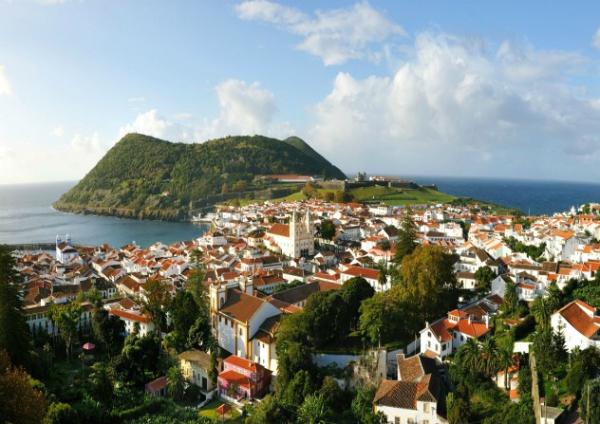



| It is better to learn wisdom late than never to learn it at all. |
| When you have eliminated the impossible, whatever remains, however improbable, must be the truth. |
| Life is infinitely stranger than anything which the mind of man could invent. We would not dare to conceive the things which are actually quite commonplace. If we could remove the roofs of the houses of this great city, and peep in at the things which are going on - the strange coincidences, the plannings, the cross-purposes, the wonderful chains of events, working through generations - it would make all fiction, with its conventionalities and foreseen conclusions, seem most stale and unprofitable. |
| You have a grand gift for silence, Watson. It makes you quite invaluable as a companion. |
| Do you remember what Darwin says about music? He claims that the power of producing and appreciating it existed among the human race long before the power of speech was arrived at. Perhaps that is why we are so subtly influenced by it. There are vague memories in our souls of those misty centuries when the world was in its childhood. |
| The world is full of obvious things which few people ever observe. |
| There is nothing more to be said or to be done tonight, so hand me my violin and let us try to forget for half an hour the miserable ways of our fellowmen. |
| Genius is an infinite capacity for taking pains. |
| Come, Watson! The game is afoot. |

| Crime is common. Logic is rare. |
| What one man can invent another can discover. |
| It has long been an axiom of mine that the little things are infinitely the most important. |
| I never guess. It is a shocking habit. |
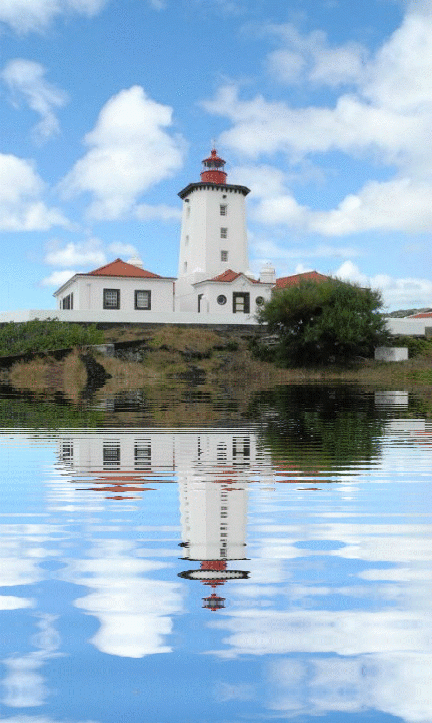
| I received the following message from Holmes: "Watson, am dining at Goldini's Restaurant, Gloucester Road, Kensington. Please come at once. Bring with you a jemmy, a lantern, a chisel and a revolver. S. H." It was nice equipment for a respectable citizen to carry through the fog-draped streets of London! |